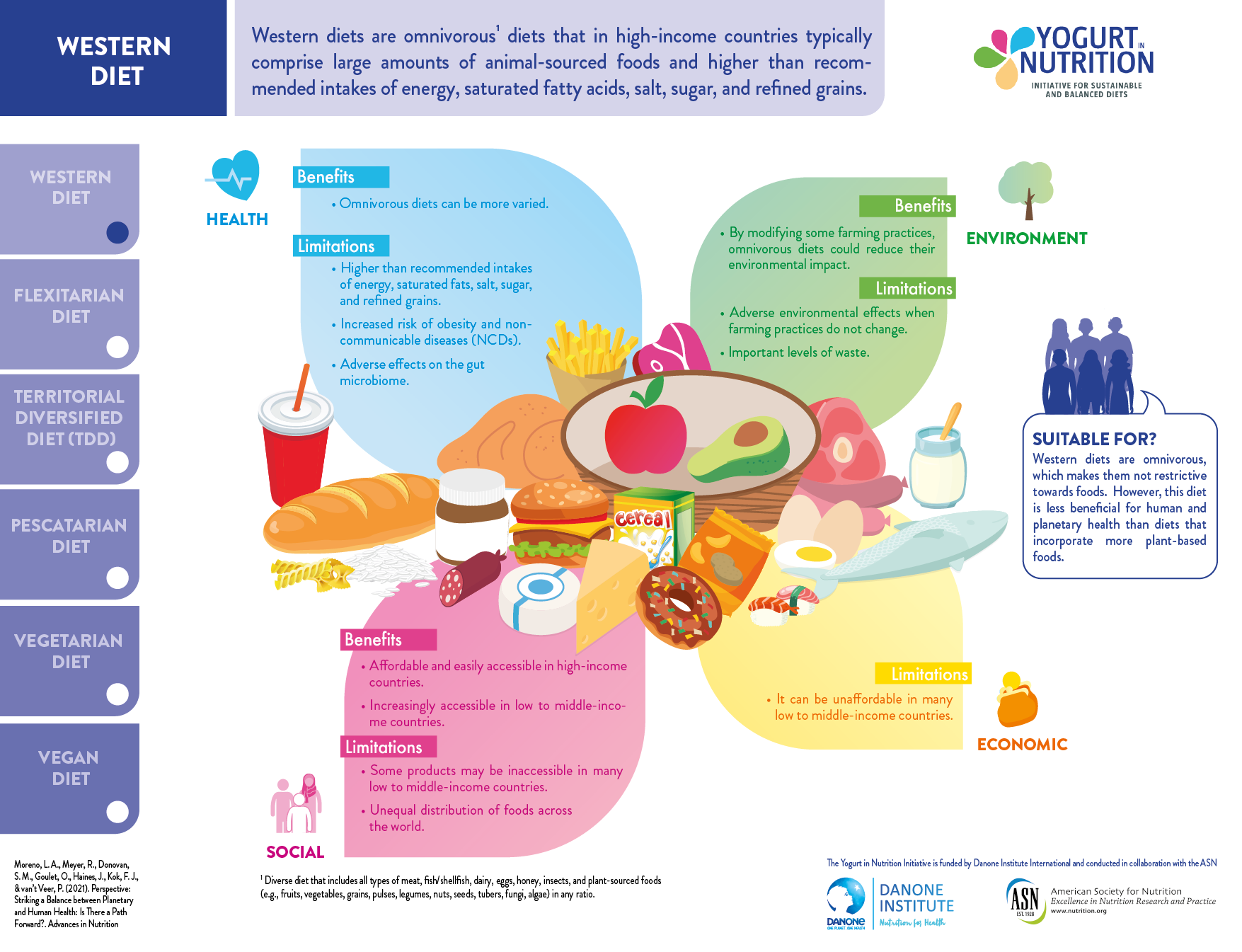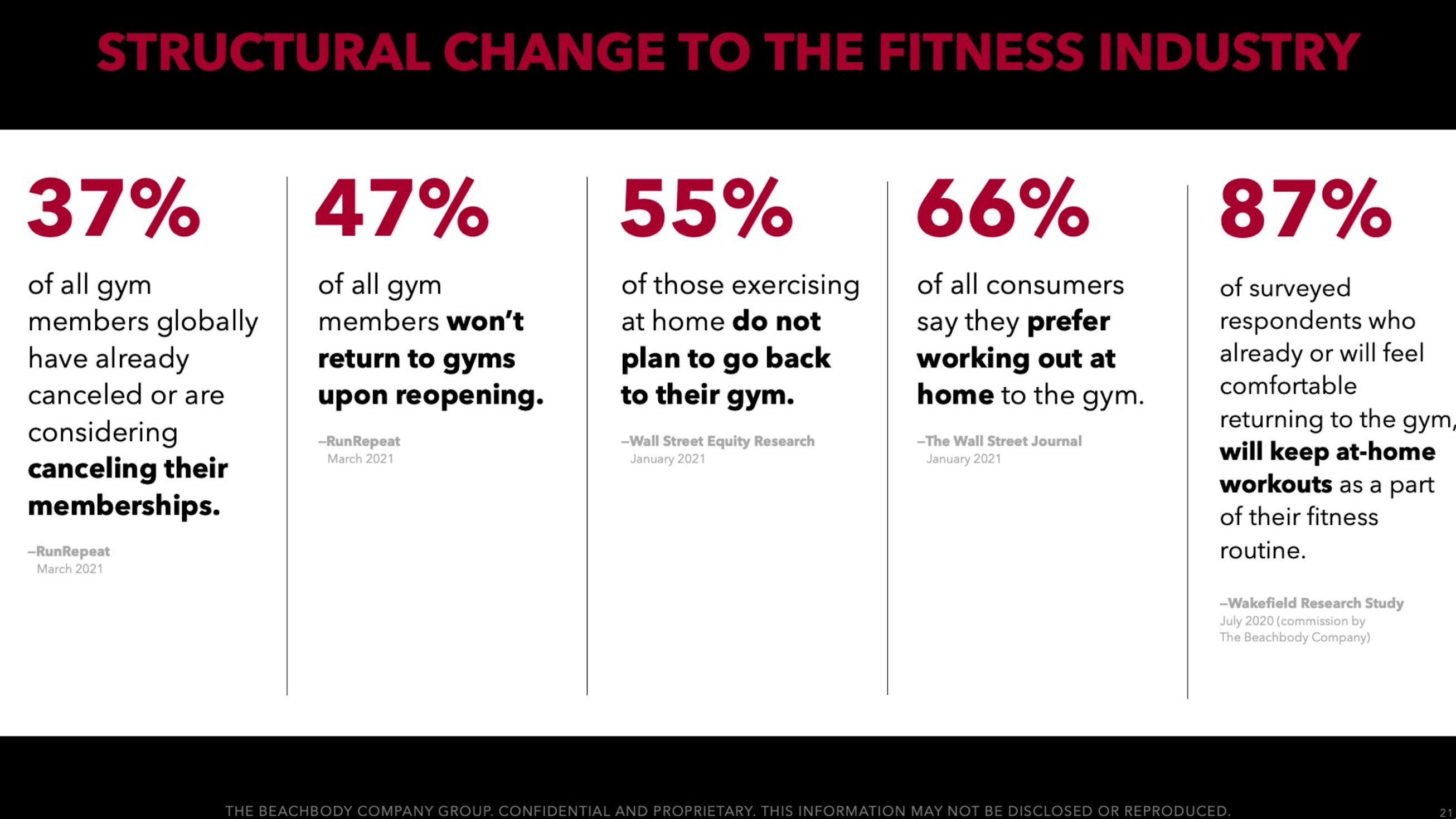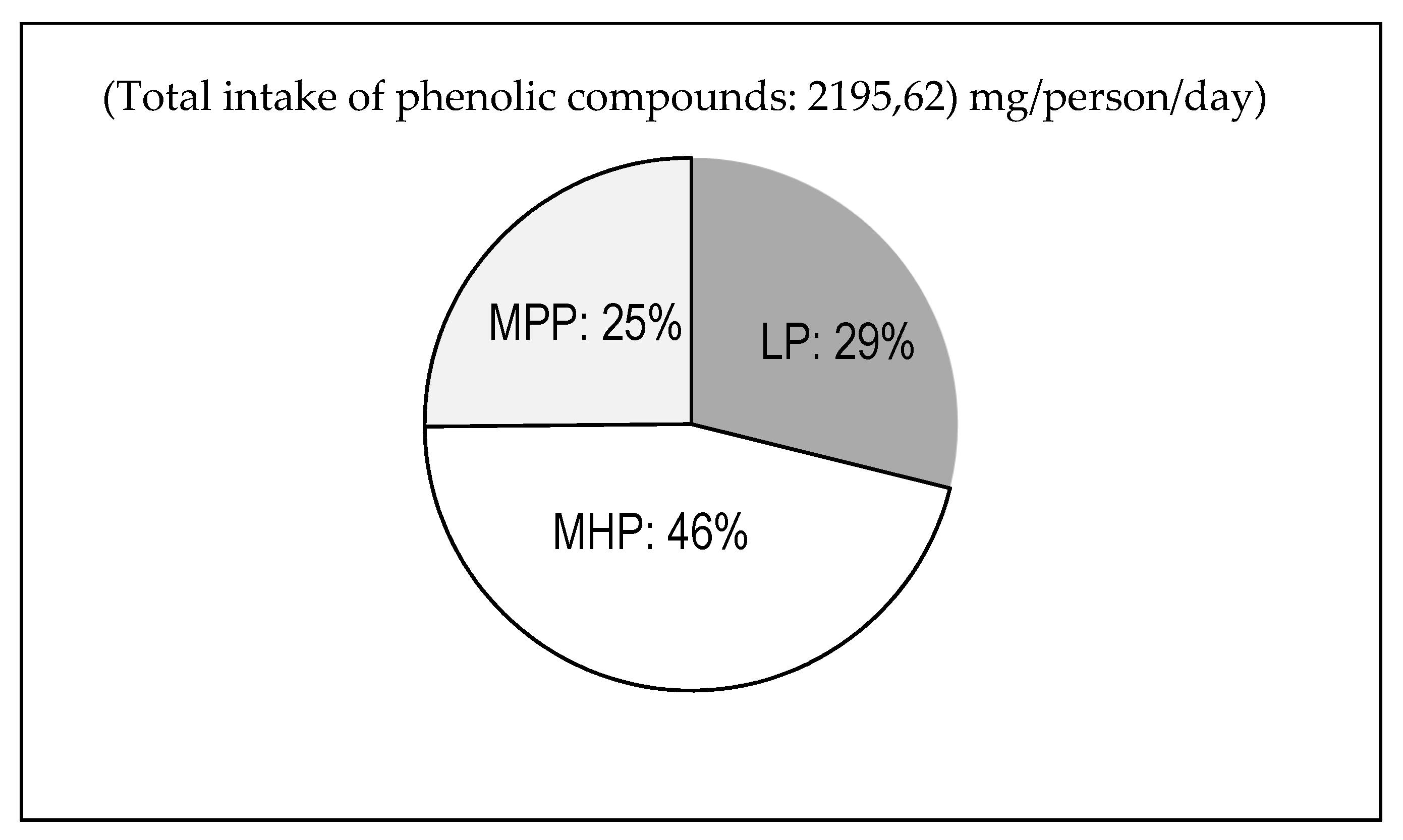Chapter 11 nutrition and diets delve into the intricate relationship between financial hardship and nutritional well-being. As individuals navigate the complexities of Chapter 11 bankruptcy, maintaining a healthy diet becomes paramount. This comprehensive guide explores the nutritional implications, dietary recommendations, health risks, and counseling strategies associated with Chapter 11, empowering individuals to prioritize their health amidst financial challenges.
The content of the second paragraph that provides descriptive and clear information about the topic
Nutritional Considerations in Chapter 11 Bankruptcy

Filing for Chapter 11 bankruptcy can have a significant impact on an individual’s nutritional status. The financial distress associated with bankruptcy can lead to reduced income and access to food, which can make it difficult to maintain a healthy diet.
The nutritional implications of Chapter 11 bankruptcy are complex and can vary depending on the individual’s circumstances. However, some general trends have been identified.
Reduced Income and Access to Food, Chapter 11 nutrition and diets
One of the most significant nutritional challenges faced by individuals filing for Chapter 11 bankruptcy is reduced income. This can make it difficult to afford healthy food, especially if the individual is already struggling to make ends meet.
Chapter 11 on nutrition and diets delves into the intricate relationship between food and health. It explores the importance of consuming a balanced diet, emphasizing the role of essential nutrients in maintaining optimal well-being. While the chapter focuses on the science behind healthy eating, it also acknowledges the allure of fictional characters like the “drug-eating genius mage” from chapter 21 . This character’s extraordinary abilities, fueled by a unique diet, serve as a reminder of the enduring fascination with the potential of food and its impact on human capabilities.
Chapter 11 concludes by reiterating the importance of a healthy diet for both physical and mental well-being, highlighting the vital role it plays in leading a fulfilling and balanced life.
In addition to reduced income, individuals filing for Chapter 11 bankruptcy may also have difficulty accessing food. This can be due to a number of factors, including transportation challenges, lack of access to grocery stores, and limited cooking facilities.
Maintaining a Healthy Diet During Financial Distress
Despite the challenges, it is possible to maintain a healthy diet during financial distress. Here are some tips:
- Plan ahead. Make a list of healthy meals that you can prepare on a budget.
- Shop around. Compare prices at different grocery stores to find the best deals.
- Buy in bulk. Buying non-perishable items in bulk can save you money in the long run.
- Cook at home. Eating out is expensive. Cooking at home is a great way to save money and eat healthier.
- Take advantage of community resources. Many communities offer free or low-cost meals to individuals in need.
Maintaining a healthy diet during financial distress is not easy, but it is possible. By following these tips, you can make sure that you are getting the nutrients you need to stay healthy.
Chapter 11 nutrition and diets discusses the importance of a balanced diet for optimal health. In particular, it highlights the benefits of consuming a variety of fruits, vegetables, and whole grains. As a way to illustrate the concept of a healthy diet, the chapter references the pickle reporter scene chapter manga , where the protagonist’s healthy eating habits contribute to his overall well-being and success in his field.
Ultimately, Chapter 11 nutrition and diets emphasizes the crucial role that proper nutrition plays in maintaining a healthy and fulfilling life.
Dietary Recommendations for Chapter 11 Debtors

Individuals in Chapter 11 bankruptcy often face financial constraints that may impact their dietary choices. To ensure optimal nutritional well-being during this challenging time, it is crucial to adhere to evidence-based dietary recommendations and seek support from available community resources.
Chapter 11 Nutrition and Diets focuses on the importance of a healthy and balanced diet for maintaining optimal health. It discusses various nutrients, their sources, and their roles in the body. Just like the dynamic battles in chainsaw man chapter 149 , a balanced diet provides the necessary fuel for our bodies to function effectively.
Understanding nutrition and adhering to healthy dietary practices is crucial for long-term well-being, just as strategic planning is vital for success in the intense world of chainsaw man.
A balanced diet provides the body with essential nutrients for proper functioning. Prioritize whole, unprocessed foods such as fruits, vegetables, whole grains, and lean protein sources. Limit processed foods, sugary drinks, and unhealthy fats to maintain a healthy weight and reduce the risk of chronic diseases.
Sample Meal Plan on a Limited Budget
Creating a nutritious meal plan on a budget is possible with careful planning and resourcefulness. Here’s a sample plan that meets nutritional needs within a limited budget:
- Breakfast: Oatmeal with berries and nuts
- Lunch: Salad with grilled chicken, beans, and vegetables
- Dinner: Bean and vegetable soup with whole-wheat bread
- Snacks: Apples, bananas, yogurt, or trail mix
Community Resources for Nutritional Assistance
Various community resources and programs provide nutritional assistance to individuals in need. Explore these options to supplement your dietary needs:
- Food banks: Provide free or low-cost groceries to those facing food insecurity.
- Supplemental Nutrition Assistance Program (SNAP): A federal program that provides monthly benefits to eligible low-income individuals and families to purchase food.
- Community kitchens: Offer free or low-cost meals to those in need.
- Local churches and non-profit organizations: May provide food assistance or connect individuals with other resources.
Health Risks Associated with Chapter 11 Diets

During Chapter 11 bankruptcy, financial constraints often lead to poor nutrition, increasing the risk of severe health consequences. This section explores the potential health risks associated with Chapter 11 diets and provides strategies for mitigating these risks.
Increased Risk of Chronic Diseases
Poor nutrition during Chapter 11 bankruptcy can increase the risk of developing chronic diseases such as heart disease, stroke, diabetes, and certain types of cancer. A diet lacking essential nutrients can weaken the immune system, making individuals more susceptible to infections and illnesses.
Malnutrition
Chapter 11 diets may lack essential nutrients, leading to malnutrition. Malnutrition can cause a range of health problems, including fatigue, weakness, impaired cognitive function, and an increased risk of infections. In severe cases, malnutrition can be life-threatening.
Mental Health Issues
Financial stress and poor nutrition during Chapter 11 bankruptcy can contribute to mental health issues such as depression, anxiety, and eating disorders. These conditions can further exacerbate health problems and make it difficult to manage finances effectively.
Strategies for Mitigating Risks
To mitigate the health risks associated with Chapter 11 diets, it is crucial to prioritize nutrition and seek professional help when necessary. Strategies include:
- Seeking financial assistance from government programs or non-profit organizations to supplement food budgets.
- Consulting with a registered dietitian or other healthcare professional for personalized nutrition guidance.
- Participating in community food programs or food banks to access affordable and nutritious food.
- Growing one’s own food or joining a community garden to reduce expenses and improve nutrition.
- Prioritizing nutrient-rich foods such as fruits, vegetables, and whole grains, even on a limited budget.
Nutritional Counseling for Chapter 11 Debtors

Nutritional counseling plays a crucial role in improving the health outcomes of Chapter 11 debtors. It empowers them to make informed dietary choices that align with their financial constraints and health needs.
The benefits of nutritional counseling for Chapter 11 debtors are multifaceted:
- Improved nutritional status
- Reduced risk of chronic diseases
- Enhanced energy levels
- Improved cognitive function
- Increased self-esteem and confidence
Steps in Implementing a Nutritional Counseling Program
Implementing a successful nutritional counseling program for Chapter 11 debtors requires a systematic approach:
| Step | Description |
|---|---|
| 1. Assessment | Conduct thorough nutritional assessments to identify individual needs and dietary restrictions. |
| 2. Goal Setting | Establish realistic nutritional goals that align with the debtor’s financial situation and health objectives. |
| 3. Education | Provide tailored nutrition education on healthy eating habits, meal planning, and budget-friendly food choices. |
| 4. Counseling | Offer ongoing counseling sessions to address challenges, provide support, and reinforce healthy behaviors. |
| 5. Monitoring | Regularly monitor progress, adjust plans as needed, and provide encouragement. |
Final Thoughts: Chapter 11 Nutrition And Diets

The content of the concluding paragraph that provides a summary and last thoughts in an engaging manner